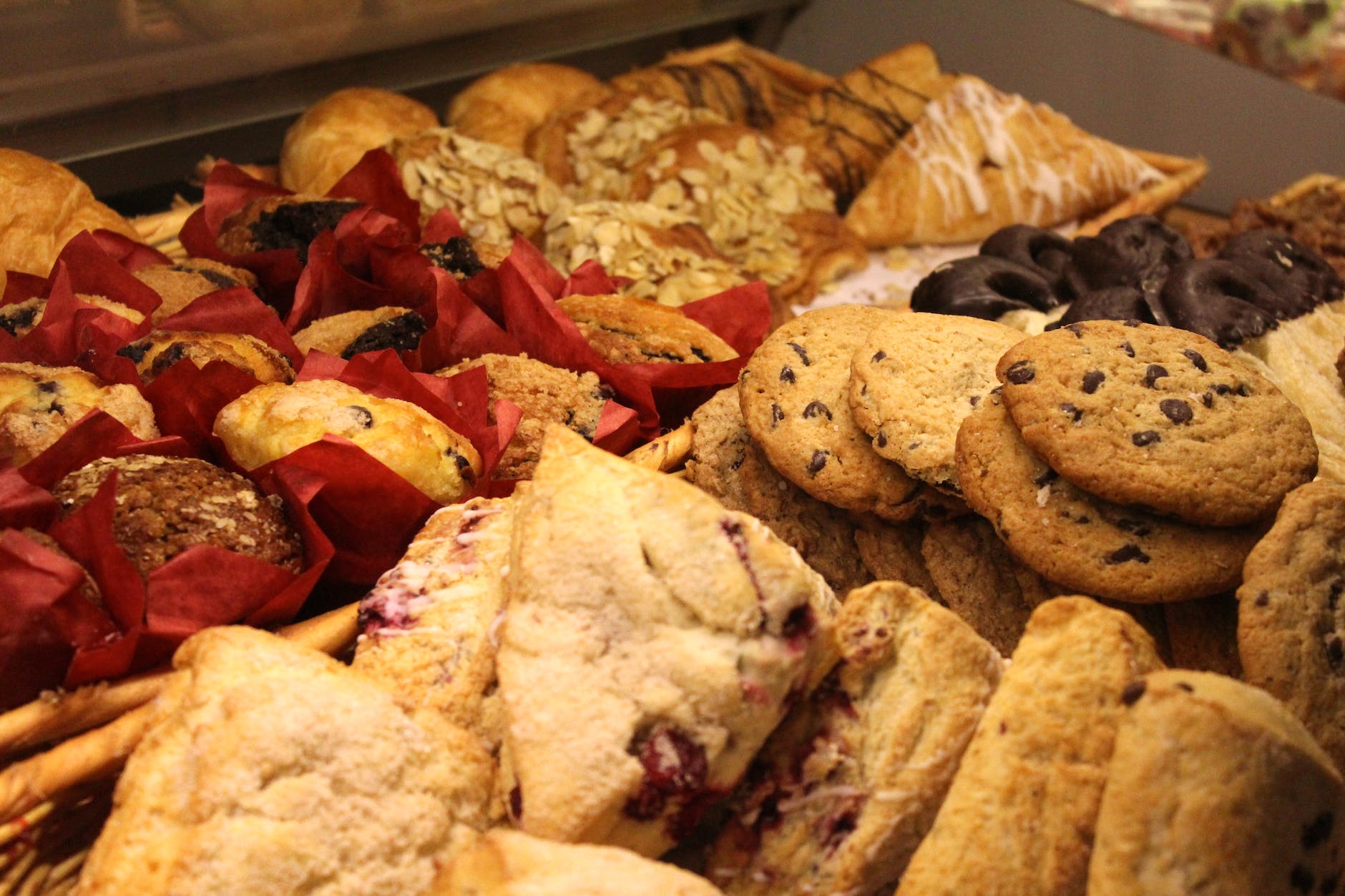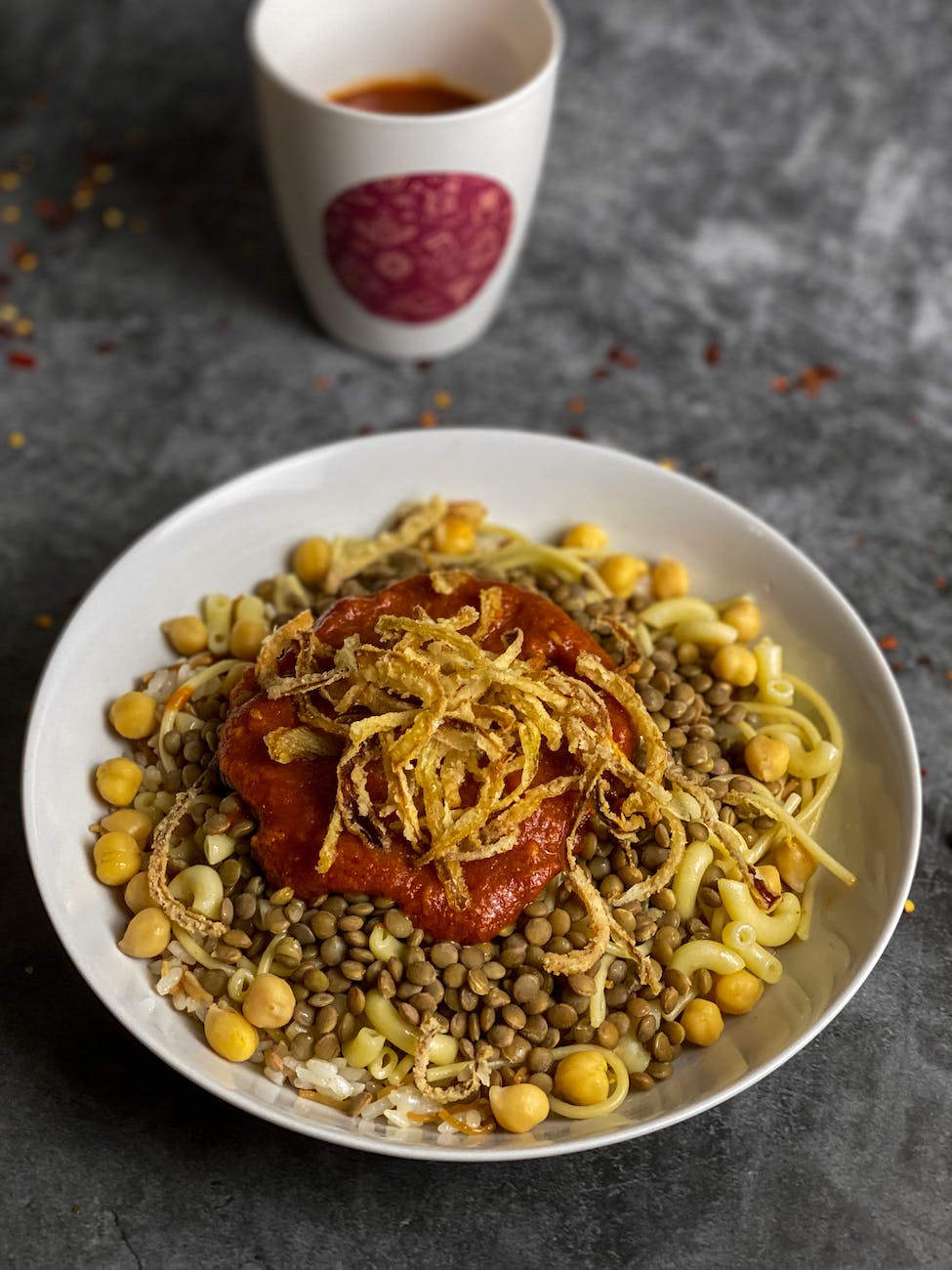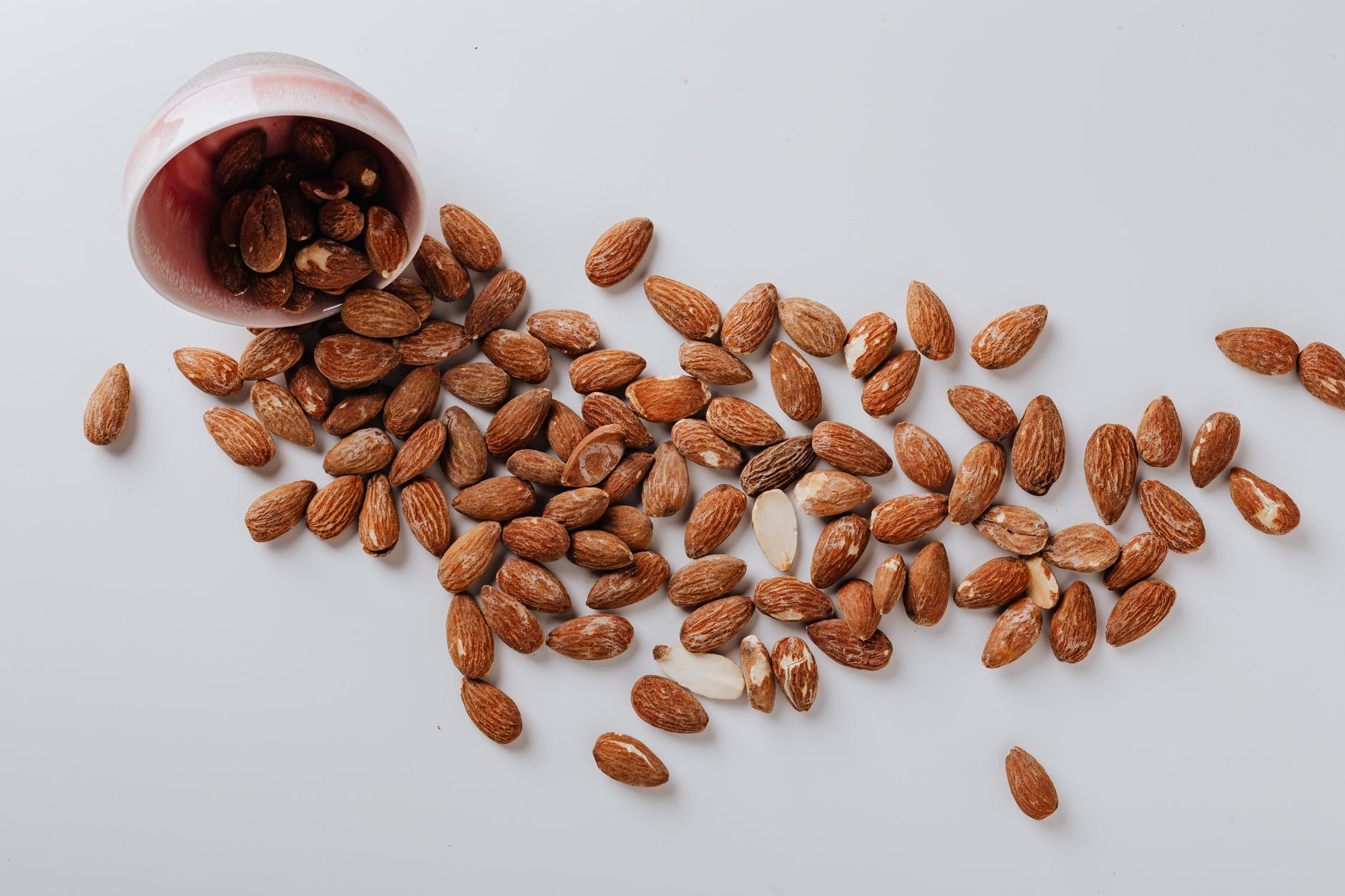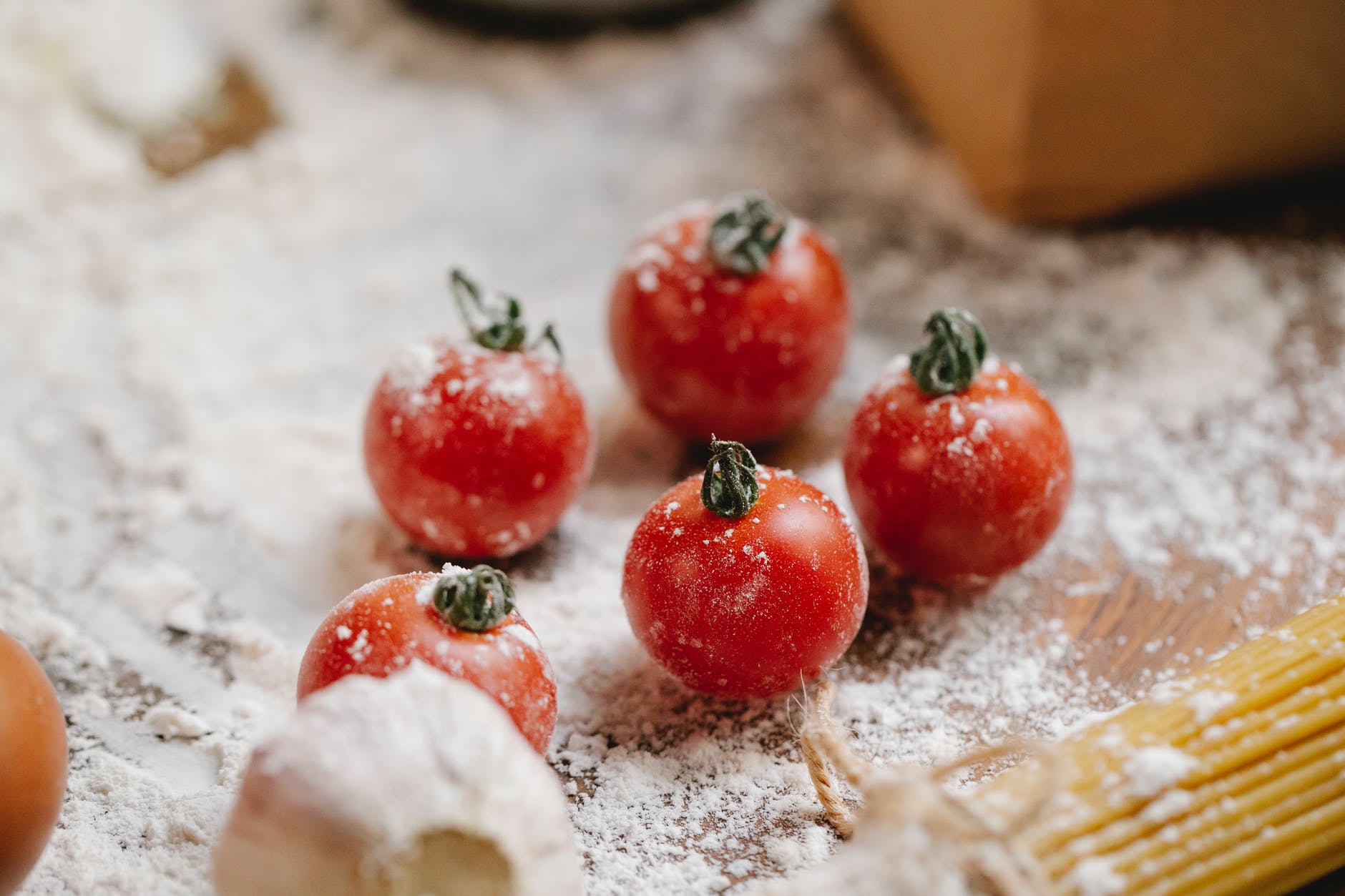
There are a lot of reasons to switch to a plant-based diet. Today, we’re talking about eggs! You might think that they are tough to switch out, but they are actually really easy to eliminate, with a few simple substitutions.
| Instead of this: | Consider this: |
| Fried or scrambled Eggs | Try fried tofu or tempeh (in slabs, cubes or crumbled). Or, try one of the many commercially made vegan egg replacers, if you prefer. If one option isn’t quite right, try another until you find the right one for you. |
| Egg salad on sandwiches etc | Chickpeas are a great alternative! Great to replace eggs, chicken, tuna or other protiens. Mash the chickpeas part way, add egg-free mayo and your favourite seasoning (celery, dill and others are great!) Or, add chickpeas straight to a salad or rice bowl – instead of a hardboiled egg or chicken pieces. |
| Eggs in baking (whole grain and similar) | For anything where a bit of nutty flavour can be added, use ground flax and some water. Use 2-3 TBSP of flax, plus 1/4 of warm water to replace one egg. Let it sit for a few minutes until a gel forms, and then add into your baking! |
| Baking without flax (light pastries etc) | Consider any number of the commercially available egg substitutes (often a dry powder made of basic ingredients, used to add rise or lightness.) Experiment to find the right one for your recipe. |

So, you might be wondering why we are talking about substitutions – people have eaten eggs for a long time. Why switch now?
| Emissions | Plant-based foods have, on average, a much lower carbon footprint than animal-based products. Switching is an easy way to live more sustainably. |
| Cost | Chickpeas and other legumes are, on average, much less expensive than a similar animal-based product. Especially when costs are high, these simple switches can help. |
| Factory Farming | In general, animal products bought from grocery stores are from factory farms. In addition to terrible conditions, these types of spaces contribute to the spread of disease – and we don’t want another pandemic. |
| Health | Plant-based diets are generally considered the healthiest. (Check Forks over Knives, China Study and others for further evidence.) |

What changes have you already made? Which are you curious about? What might you be ready to try in the next week or two? Share in the comments and I’ll answer your questions!



















